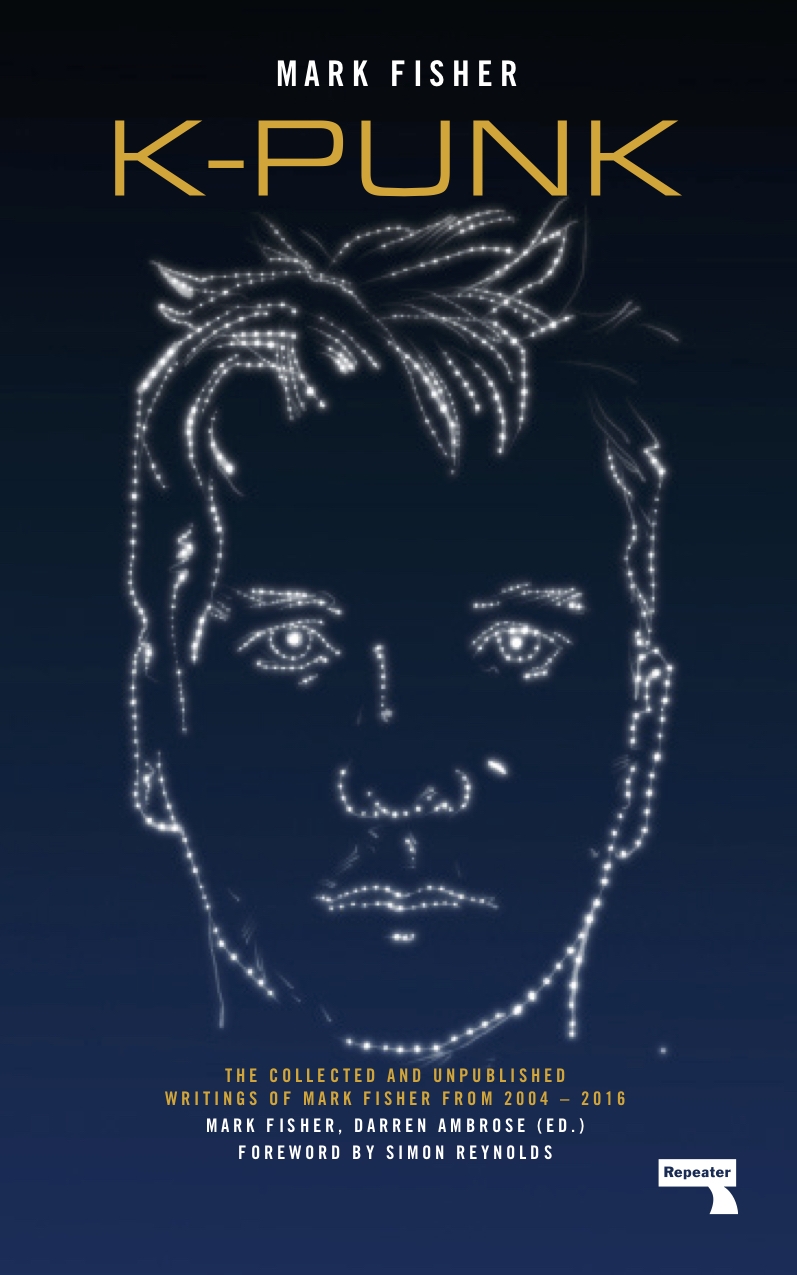The Caretaker – Everything finally slips away

The Caretaker “Everywhere at the end of time—Part 6” from History Always Favours the Winners. Review by Macon Holt.
The Caretaker is no more. After being afflicted with Alzheimer’s almost three years ago by his creator, James Leyland Kirby (also known as V/Vm), he has finally succumbed to his illness with the release of “Everywhere At The End Of Time—Stage 6”. Back in 2016, P/A’s Nils Bloch marked the start of this dissent and now, after 20 years of work, The Caretaker has come to an end in the way that all memories eventually do, disappearing into a fog of fragments and sensations so diffuse that you can’t even really call them your own anymore. But while earlier records of his could shy away from the terrifying implications of fading memories by drawing attention to the soft focus in which he casts them, the final part of this project cannot. This time, we are made to stare into the darkness of fading out of our own stories. But even though it may be frightening, even though it may be disorienting, something about this feels, if not right, maybe ok.
The Caretaker is a musical project that takes inspiration from Stanley Kubrick’s adaptation of “The Shining”. A film which sees the Overlook Hotel’s winter caretaker become trapped in the fading memory of a 1920s ballroom party (Fisher 2014, 110). From this, however, Kirby has tapped into a cultural vein that runs much deeper to ask, what is the difference between ourselves and our memories? The Caretaker approaches this through a plunderphonic process, appropriating old 78”s that have drifted out of copyright. By manipulating the materiality of this old vinyl, he explores just how fragile composition, recording and thus remembering really are. In the past, he has used this to heighten the romance of being transported to a rose-tinted version of a world-now-gone, which has garnered Kirby a great deal of recognition. On these simultaneously shimmering and fading records, he seemed to have captured something about the nature of memory that had escaped the grasp of so many other artistic attempts to do so. The vibrancy of these frozen moments could be realized only for an instant before their dislocation filled them with tragedy rendering each reverberant sound bitter-sweet. Despite the temporal distance of his nostalgic sources, it has become clear that the memories captured on these albums were in some way also our own, despite the fact that sound sources from which are derived are from a time when no one reading this review was alive. The nature of the romance they depicted, the desire they captured, the pained longing they so elegantly expressed, were something of a common ancestor to our understanding of many of these sensations today.
Kirby pushed this idea further on records like “An Empty Bliss Beyond this World” form 2011, which saw him start off with just the slightest of enhancement—a sparkle of reverb, a tweak of the EQ—which allowed us to think that this evening from the past, now here before us, was just ready to be indulged in. However, as we got deeper into the album thing started to become more spaced out. Sounds that could be grasped before had now slipped just out of reach, the static seemed to cover more and more of the spectrum and the stereo image seemed to be trying to throw us like a drunken horse before descending into low-frequency murmurs from where it was impossible to see where we began. But we did surface again at the end, changed but unharmed.
In many ways, the six parts of “Everywhere At The End Of Time” adopt a similar approach to this earlier record, except now Kirby is able to spend an hour or so on charting each step this descent where he would have only spent a couple of minutes before. And of course, there is no surfacing again. Not really.
Kirby mapped each step of this project to the medically defined stages of the development of Alzheimer’s. On the first couple of records, it is hard to notice that anything is wrong, or at least the skips and drops in focus are easy to ignore or fight through. But as we get deeper into the project, they became impossible to ignore and then impossible to fight. Indeed, the confusion about what is going on, and where and when we are has become the only thing on which to focus. By the start of part five, this is really quite distressing, and by the end of that record, it has even become unclear who is even being distressed.
This is where the new release picks up with “A Confusion So Thick You Forget Forgetting”. Whatever is still hanging on in there, now, no longer has enough about it to even be frightened anymore. It is caught on a sea of misfires and the
Part six of “Everywhere At The End Of Time” is the heartbreaking conclusion to a project dedicated to the most profound kind of loss we can know. Throughout the last two decades, The Caretaker has explored the potency of memory and its power to produce images and sensations so forceful and desirable that we can become trapped in them. But Kirby has also drawn attention to the fragility of memory. A detail out of place, the tempo set too high, too much extraneous noise can throw us into chaos. It is true for all of us that we are only ever the slightest biological breakdown away from casting everything we are into oblivion.
Sitting through this 42 track record (six hours of work) is a journey into something haunting. It is like listening to something that none of us want to face though many of us will. Yet somehow, by listening to this project, now in its entirety, I think we can be made to understand that, even with this ending, we have always been comprised of so much more than we could have every understood from the limited vantage point of trying to make it all make sense.
This final piece of the story of The Caretaker is very particular, however. So, accompanying this release is another album “Everywhere, An Empty Bliss”, a diverse collection of material available for a limited time. This record is a delightful aperitif. It is exactly that extra helping of The Caretaker’s material that we’d be asking for if it weren’t here. But I’m glad it will cease to available after June because everything that The Caretaker was disappeared with the final fade of “Everywhere At The End Of Time”. All this follow up can offer is his photograph: A frozen smile amongst a crowd of revelers displayed on the wall of the haunted ballroom.
Macon Holt is the current editor of Passive/Aggressive. He has written for Atlas, Blacklisted Copenhagen and The Ark Review.



